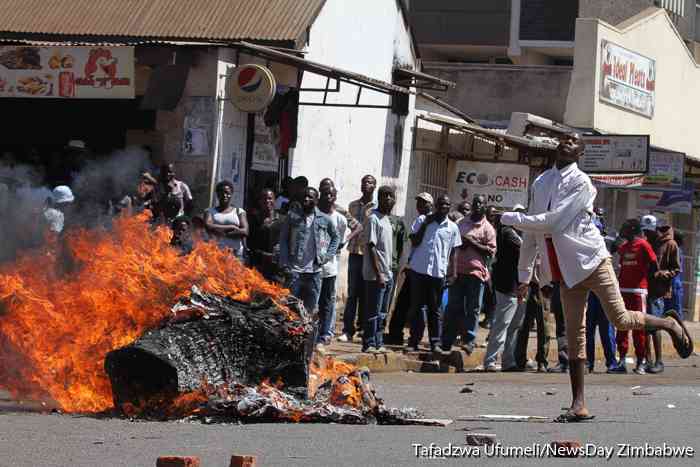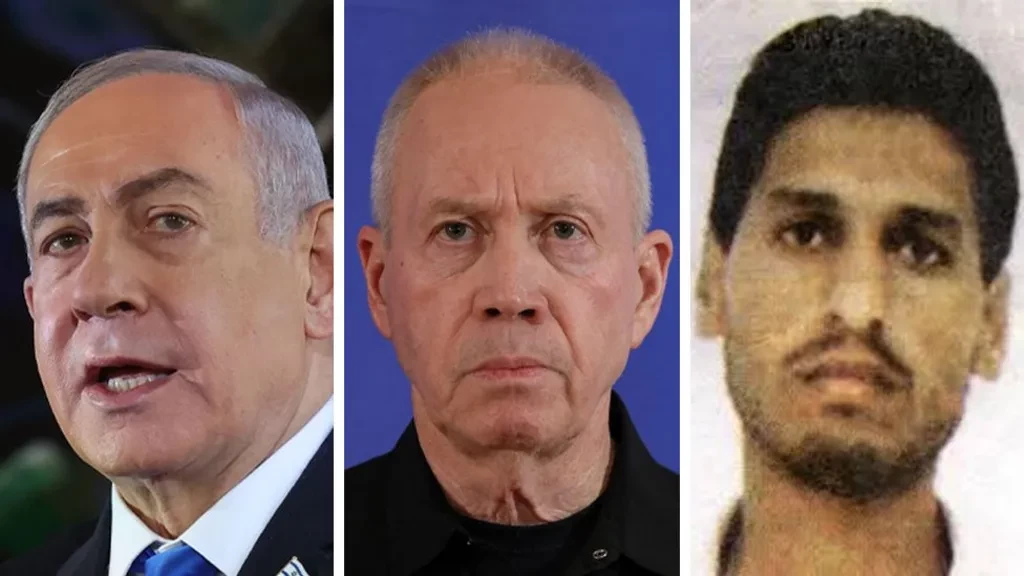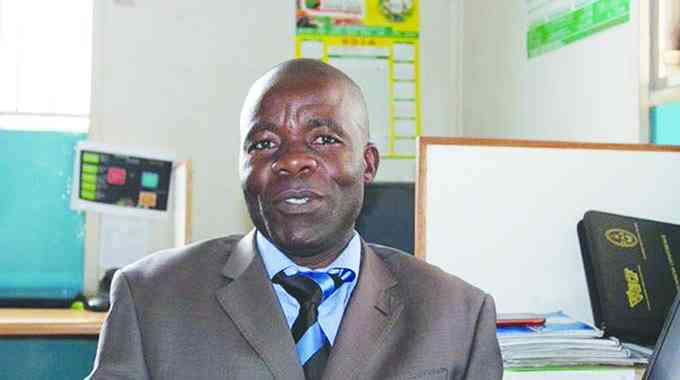
THE prevalence of violence has been a major stain on Zimbabwe’s electoral processes, and this year’s election is no exception.
Most worrying though is the fact that since independence in 1980, the ruling party, Zanu PF, has been found guilty of wreaking havoc and unleashing a reign of terror in rural areas which the party ironically “liberated” from colonial rule.
The rural dwellers always fear that the ruling party will repeat the horrors of the 1970s liberation war if it loses an election.
This has been the ruling party’s modus operandi ever since — either through threats of violence, or actual violence being meted out on a defenceless population.
This savagery was most glaring in 2008 after the late former President Robert Mugabe was defeated by then main opposition MDC leader Morgan Tsvangirai.
Hundreds were killed or maimed and some had their hands hacked off for “voting for the wrong person”.
And following what initially appeared to be a relatively “peaceful” pre-election period in 2018, all hell broke loose when scores of unarmed protesters were gunned down, in cold blood, by soldiers on August 1 for demonstrating against what they perceived as suspicious delays in announcing presidential election results.
So, despite the veneer of peace covering the run up to tomorrow’s polls, deep and more troubling trepidation lie underneath.
- New perspectives: ‘We also died for this country!’
- Court grants businessman’s ex-girlfriend peace order
- New perspectives: ‘We also died for this country!’
- Salvation Army partners Padare in GBV fight
Keep Reading
Based on several communications mostly with those in rural areas, as well as reports in the public domain, there is evidence that violence is taking place despite President Emmerson Mnangagwa’s calls for peace.
Rural populations have constantly been reminded of the violence that characterised previous elections and are threatened that similar violence will visit them if the ruling party loses the elections.
To zero in on the point of this article, I wish to then state that even in an abusive domestic relationship, there can also be some semblance of “peace”.
In this regard, peace relates to lack of evident forms of physical violence.
However, this “peace” may not necessarily be a sign of a transformed abusive partner.
In most circumstances, this could be on account of the abused victim no longer challenging their tormentor — thereby, living in subservience, due to crippling terror.
As such, there will be no need for the abusive partner to beat up their lover because they are always compliant to the abuser’s demands.
Therefore, the apparent lack of discernible violence in Zimbabwe is certainly not an indication that the ruling establishment has finally “seen the light”.
Far from it, the prevailing supposed “peace” is a direct result of Zimbabweans having been cowed into silence and turned into willing subjects to the whims and dictates of the Mnangagwa regime.
Even the opposition political parties now avoid mass street protests to air their grievances fearing ruling party and government terror.
In rural areas, hapless villagers are repeatedly whipped into line by traditional and Zanu PF leaders who tell them that not only are their votes not a secret, but also that anyone discovered to have voted for the opposition will face unspecified consequences.
There is no threat worse than this where one is told that they have no right to participate in a free, fair and credible election.
Under such circumstances, if the secrecy attached to the voting process is wantonly violated, then there is no democracy to talk about in this country.
By the time the voters roll is released — it will not only be in a deplorable state, but will not been availed to the contesting political players and difficult to audit. The stark reality of the absence of peace becomes glaring when violation of the country’s electoral laws (particularly section 155(2d) of the Constitution) is so blatant.
Amid all these shameless human rights violations, the country’s watchdog: The media, especially the public media, appears to have been reduced to nothing more than a disgraced propaganda desk at Zanu PF headquarters.
There are too many examples we can cite to prove that the apparent “peace” before this year’s polls is artificial.
I reiterate, “peace” does not necessarily mean the absence of violence because a people living in constant fear of their government can never be said to be living in peace.
Furthermore, it is abundantly clear that all this talk of “peace”, especially by Mnangagwa, is nothing more than a calculated attempt at masking the profound flouting of basic tenets of democracy necessary for the holding of free, fair and credible elections.
There is more to a credible election than the absence of violence.
In fact, some of the things which may render an election not free, unfair and discredited are very subtle; and in Zimbabwe these have become the norm.
Tendai Ruben Mbofana is a social justice advocate and writer. Please feel free to WhatsApp or Call:+263715667700/+263782283975, or email: [email protected], or visit website: http://mbofanatendairuben.news.blog/











